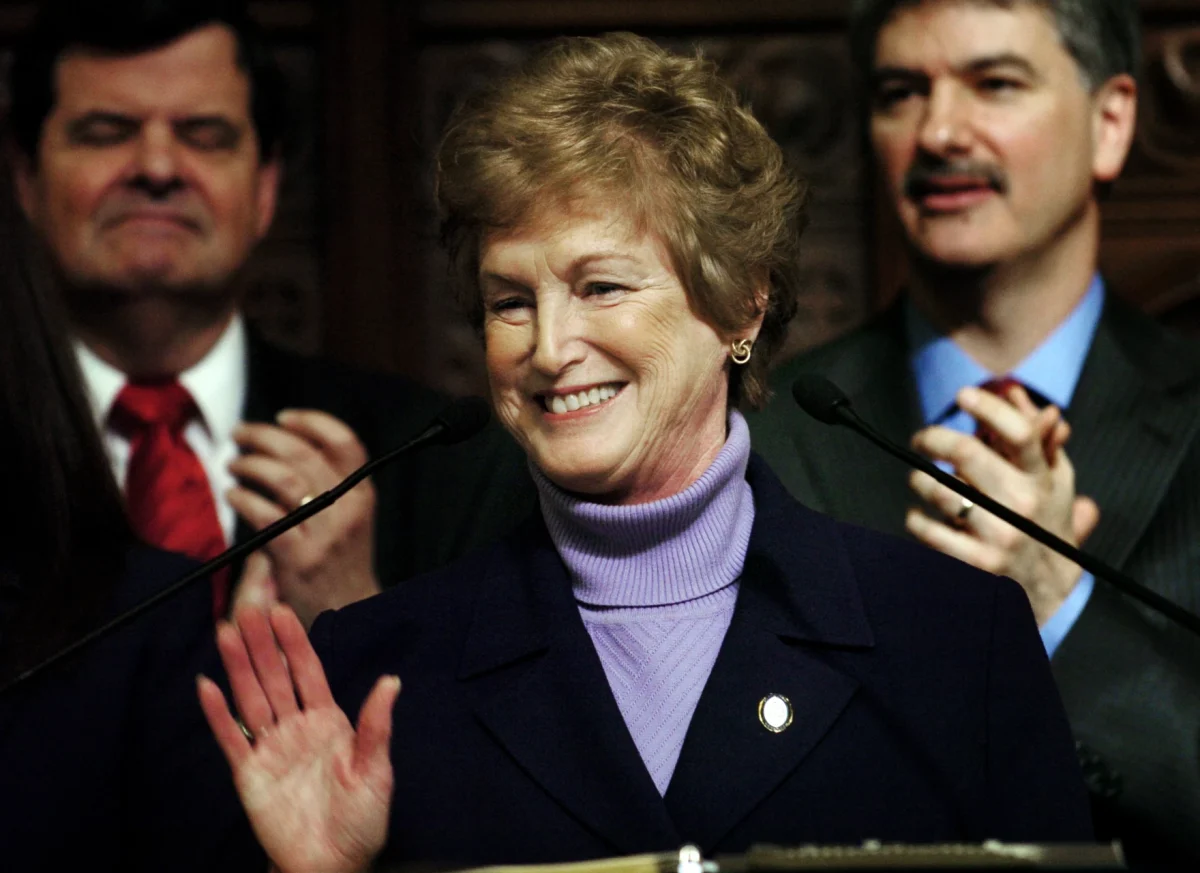Last week, Nikki Haley, a Republican running for the 2024 presidential election, mentioned safety concerns for the social media platform, TikTok, while in a town hall hosted by Fox News. Her concerns came after Pres. Biden posted a TikTok about the Super Bowl.
Haley also mentioned former Pres. Donald Trump.
“Pres. Trump said he would ban TikTok, and when President Xi asked him not to, that fell to the wayside,” she said, referring to Xi Jinping, China’s leader. “We should have banned it from the beginning. It is incredibly dangerous.”
The app is owned by a Chinese parent company called ByteDance. In China, domestic laws allow Beijing authorities to demand data from local companies, which means ByteDance could access users’ data from TikTok.
In Dec. 2022, TikTok raised concerns in Congress because ByteDance could potentially get information from U.S. users. Pres. Biden signed a bipartisan law called “No TikTok on Government Devices Act,” which requires TikTok be removed from the information technology of federal agencies.
Other countries passed similar legislation, including but not limited to Canada, Australia, Belgium, European Union, France, India, New Zealand and the United Kingdom.
Along the 2024 presidential campaign trail, Haley has frequently brought up concerns over TikTok. In a Republican presidential debate held in Sept., she said TikTok was “one of the most dangerous social media assets.”
Months into her campaign, Haley is still talking about TikTok.
“America can’t be the last country to ban TikTok,” she said in the town hall, though no countries have fully banned TikTok on personal devices.
The U.S. has more than 100 million TikTok users. According to Statista, 36% of TikTok users are between the ages 18-24 and the second highest age group are people between the ages of 25 and 34.
Madison Murphy, a sophomore at the university said, “I use TikTok for entertainment and to pass time. It has opened doors for so many musical artists and actors and entertainers and taking that away would create an unstable atmosphere surrounding musicians.”
TikTok allows for videos anywhere from three seconds to 10 minutes to be posted. Sophomore Brynna Courneen said, “I use it as a mindless distraction throughout my day in place of tv, YouTube, etc. I also like to find recipes, workouts, and other things to mix up my routine.”
Sophomore Sydney Moda said, “I think it is an outlet for many people to create videos and it is also a place for people to see inspiring videos that may help them through difficult times. It allows people to share their music and this has allowed many people to gain a following and in some cases rise to fame.”
Courneen and Murphy said they weren’t aware of the debates about TikTok’s safety, but said that if the app was banned, they expected new social media platforms would be created in its place.
Moda said she has “seen a lot of the political concerns” and understands “the concern over the safety of TikTok especially because it is not owned by a U.S. company.”
“However, I do believe that many companies have the potential to get access to U.S. users’ data, not just TikTok,” Moda said.
As the presidential election heads toward spring primaries, TikTok could be a focus for contenders. The future of TikTok depends on what candidate wins the election and if Congress agrees on further legislation to ban it.



